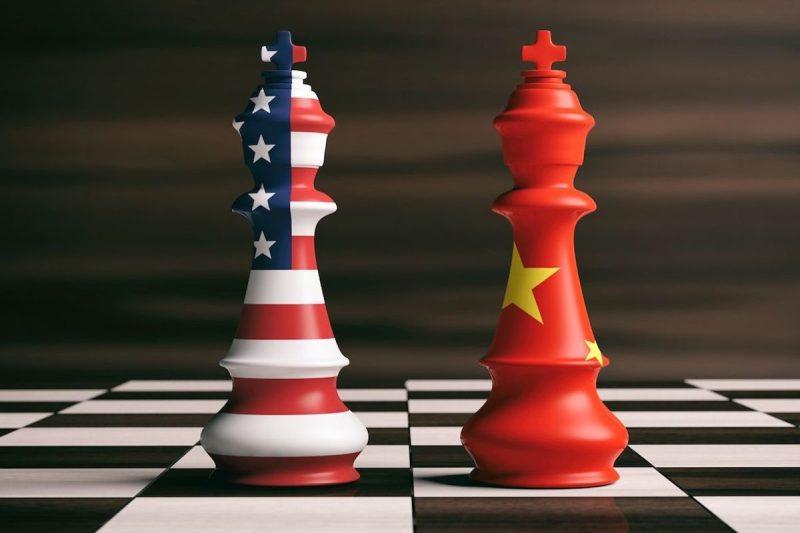The Biden administration’s recent proposal to ban Chinese vehicles in the United States due to espionage concerns has sparked a heated debate among policymakers, industry experts, and the public. The move comes in the wake of escalating tensions between the U.S. and China, with concerns over national security and technological espionage at the forefront of political discourse. While the proposed ban is aimed at bolstering cybersecurity measures and protecting sensitive information, it has raised questions about the potential impact on the automotive industry, consumer choice, and international trade dynamics.
One of the primary arguments in favor of banning Chinese vehicles is the fear of technology theft and espionage. The U.S. government has long been wary of Chinese companies’ close ties to the Chinese government and military, with concerns that vehicles manufactured by Chinese companies could be equipped with spyware or backdoors that could compromise national security. Given the increasing role of technology in modern vehicles, including the integration of artificial intelligence and connectivity features, the potential risks of cyberattacks are seen as significant.
Proponents of the ban also argue that it would help protect American jobs and support domestic automakers. By limiting the entry of Chinese vehicles into the U.S. market, the administration aims to create a level playing field for American automakers and prevent unfair competition. This move is particularly significant in light of the current global economic landscape, where countries are increasingly prioritizing domestic production and safeguarding their industries against foreign influence.
However, critics of the proposed ban raise valid concerns about its potential repercussions on the automotive industry and consumer choice. Chinese vehicles have become increasingly popular in the global market due to their competitive pricing, advanced technology, and innovative designs. Banning these vehicles could limit consumer options, drive up prices, and stifle competition, ultimately harming consumers and stifling innovation in the industry.
Moreover, the proposed ban could have broader implications for international trade relations and diplomatic relations between the U.S. and China. The automotive industry is a significant part of global trade, and restrictions on Chinese vehicles could escalate trade tensions and trigger retaliatory measures from China. This could have far-reaching consequences for the global economy and geopolitical stability, as China is one of the world’s largest automotive markets and a key player in the industry.
In conclusion, while the Biden administration’s proposal to ban Chinese vehicles is motivated by legitimate concerns about national security and technological espionage, it raises complex issues that warrant careful consideration. Balancing the need to safeguard national interests with the potential impact on the automotive industry, consumer choice, and international relations is crucial in navigating the complexities of this issue. Finding a nuanced solution that addresses security concerns while minimizing negative repercussions will be key to charting a path forward that promotes both innovation and security in the automotive sector.
